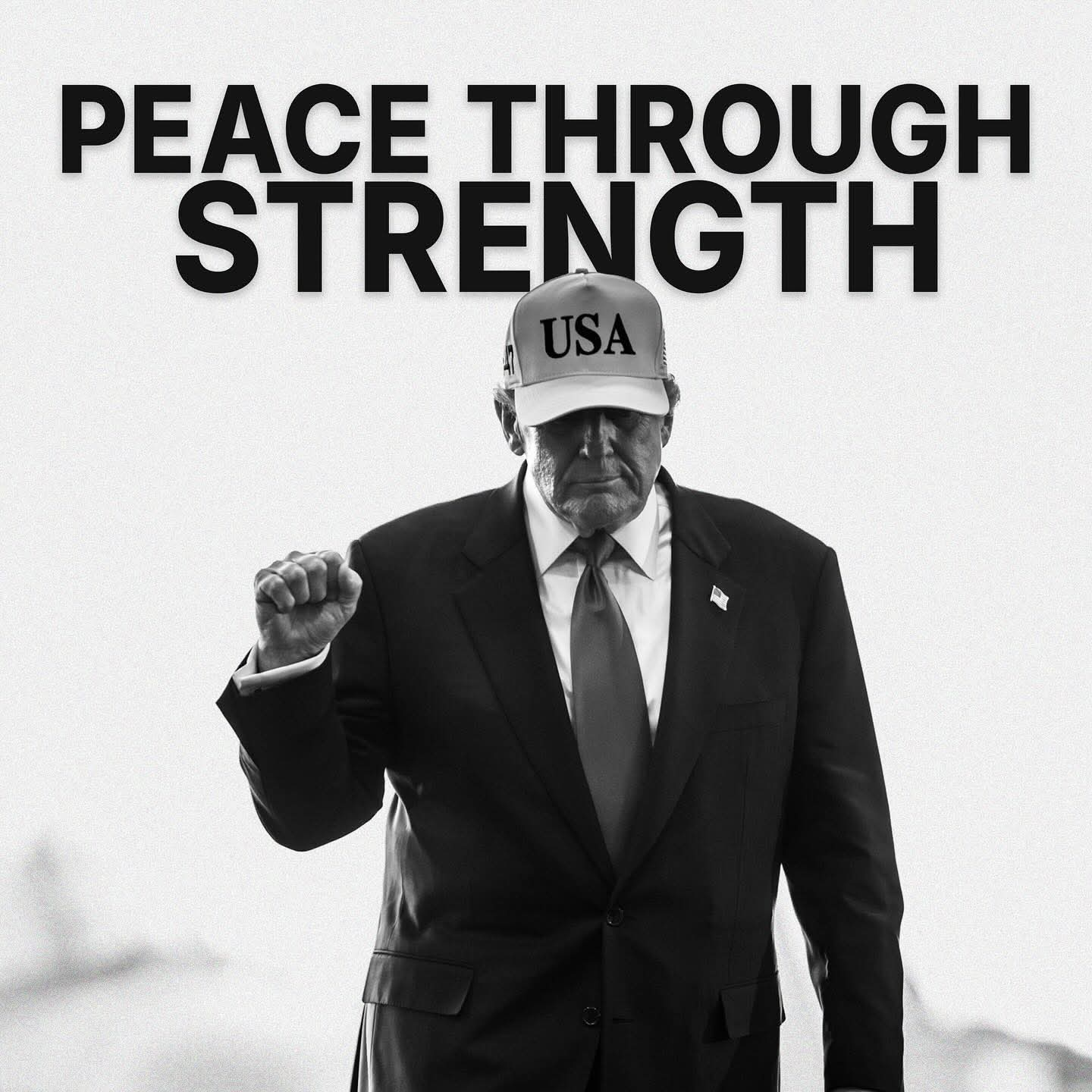On October 31, 2025, the United States moved to re-escalate pressure on Nigeria by redesignating the country as a “Country of Particular Concern” under the International Religious Freedom Act — a step that has quickly prompted fiery rhetoric from senior U.S. officials and a blunt message to armed militants operating inside Nigeria.
Thank you for reading this post, don’t forget to subscribe!
In a forceful op-ed and public statements, Pete Hegseth — who serves in the Biden-succeeding Trump administration’s national security team and is publicly identified in U.S. reporting as the nation’s defence chief — framed the designation as a prelude to direct, kinetic action to protect persecuted Christians and to punish the groups and actors he blames for “genocide.”
Hegseth’s piece characterizes the violence against Christians in Nigeria as systematic and targeted, cites casualty figures and destroyed churches, and rejects explanations that attribute the violence to communal, economic, or climate causes.
The editorial uses urgent, moral language — invoking warrior ethos, historical analogies and religious motifs — and issues three clear messages: a threat to militant groups (Boko Haram, ISWAP and armed Fulani elements), condemnation of the Nigerian government for alleged inaction or complicity, and an assurance of U.S. support for Nigerian Christians. Those passages echo and amplify the administration’s October 31 directive that instructed U.S. departments to prepare operational plans.
The U.S. move has already produced pushback in Abuja. Nigerian officials condemned the designation as based on “faulty data” and rejected characterizations that frame the country’s security challenges as primarily religious persecution. The government says its counterterrorism efforts have produced significant arrests, casualties among militants and rescues of hostages, and it characterizes the violence as part of a broader security challenge affecting all communities.
Nigerian ministers and military leaders have warned against external threats to sovereignty even as they offered to cooperate with international partners.
For international observers and human-rights advocates the designation is significant because it unlocks a menu of diplomatic and economic tools — from the suspension of certain types of aid to targeted measures against officials deemed responsible for systematic violations of religious freedom. For critics, however, the language in Hegseth’s editorial — including vows of “no warnings” and promises that U.S. forces will “eliminate” militants — raises urgent questions about escalation, sovereignty, and the risks of unilateral military action without Nigerian consent or robust multilateral backing.
What comes next is uncertain. The designation itself creates pressure points in U.S.–Nigeria relations and opens the door to sanctions and aid restrictions, but it does not automatically translate into boots on the ground. Any operational plans that would involve U.S. military action in Nigerian territory face legal, diplomatic and practical hurdles — and would almost certainly provoke heated debate at home and abroad about the proper role of American power.
Meanwhile, in Nigeria the designation has already fueled a national debate over data, media narratives, and the root causes of violence in parts of the country.

Our takeaway: the U.S. redesignation has turned an ongoing, long-running security crisis into a flashpoint in international diplomacy. The hardline tone of Hegseth’s message makes clear that the current U.S. administration views the issue in stark moral terms and is prepared to use new levers of pressure. That posture will test U.S. credibility on human rights and religious freedom, Nigeria’s willingness to cooperate, and the international community’s capacity to prevent further loss of civilian life without widening the conflict.
Responsible next steps must include transparent investigations of alleged atrocities, protection for vulnerable civilians, careful calibration of any punitive measures so they do not harm ordinary Nigerians, and multilateral engagement to address the root causes of violence.
*Context & Sources: This editorial draws on recent reporting about the U.S. redesignation of Nigeria as a Country of Particular Concern on October 31, 2025, and subsequent public statements and commentary by U.S. officials and Nigerian authorities.
Kindly share

